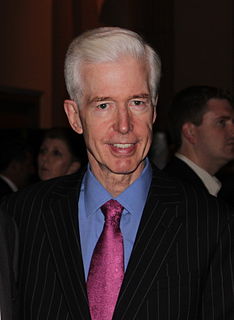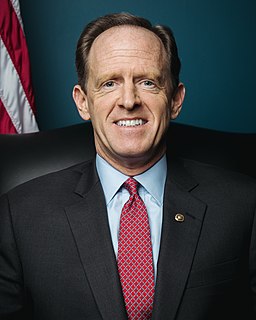A Quote by Michael Froman
Of course, the UK is a significant economy that makes up a quarter of American exports to the EU, more than 50 percent of our exports in certain sectors and over 25 percent of the government procurement opportunities we have in Europe. Brexit reduces the size of the TTIP deal for the United States, and there will need to be an adjustment of expectations accordingly, but Brexit underscores the value of reaching an agreement at this critical moment in the evolution of Europe.
Quote Topics
Related Quotes
80 percent of the export of armament in the world comes from the G8 countries. [The] United States alone exports about 50 percent of the world's armament, [for] which, of course, there has to be buyers, and the buyers are very terribly keen, very often military dictator[s] or sometimes not military dictator[s] but for military purposes. But the sellers are also promoting this trade. And two thirds of the arm exports go to developing countries. I'm in favor of putting a control on it, a ban on it.
At the moment we are hard-wired into the European markets - 50% of our exports go to Europe - and that has not been good for the UK. So I'm not saying "make Britain entirely dependent on China". I'm saying "let's diversify a bit". When I became chancellor, China was our ninth largest trading partner. This is the world's second biggest economy. China was doing more business with Belgium than it was with Britain.
The United States really only accounts for about 3 percent of the economic engagement with Russia. Europe is 40 percent, and so Europe's contribution to this pressure is far more than symbolic. It's very practical. And that's one of the many reasons why we have worked hard to remain in close coordination with our European partners.
Venezuela is independent. It's diversifying its exports to a limited extent, instead of just being dependent on exports to the United States. And it's initiating moves toward Latin American integration and independence. It's what they call a Bolivarian alternative and the United States doesn't like any of that.
I think the first what would happen in the immediate wake of a hard Brexit is a lack of confidence in UK economy. Business is already telling me that they need a year or so to adjust to what is going to change in March 2019. Without a deal, tariffs would immediately kick in and we would need all the physical attributes of a customs border. And that is just the trade aspect. Imagine what would happen if, from one day to the next, we had no aviation agreement or no agreements for dealing with security across Europe.
Why is Caterpillar bad if we create a new job in India or China to receive U.S. exports? It makes no sense to me. We want to drive all the exports we can from the United States. We want to concentrate on all those consumers, outside contractors, customers outside the United States that we possibly can.
I supported the Korean Trade Agreement in 2011. They promised - when it was signed, President [Barak] Obama said it would increase our exports to Korea by $10 billion a year.That creates jobs in America.Since - last year, 2015, there was no increase, like instead of billions of dollars there was like a $100 million increase in our exports to Korea, whereas as their imports to us went up $12 billion, and our trade deficit increased 240 percent.
Italy is the fourth-largest economy in Europe and the eighth-largest economy in the world, and its banking system is collapsing. And Germany is desperate. It must maintain its standard of living. It can only do that with exports and Deutsche Bank is very exposed to Italian debt. But so is the rest of Europe.































